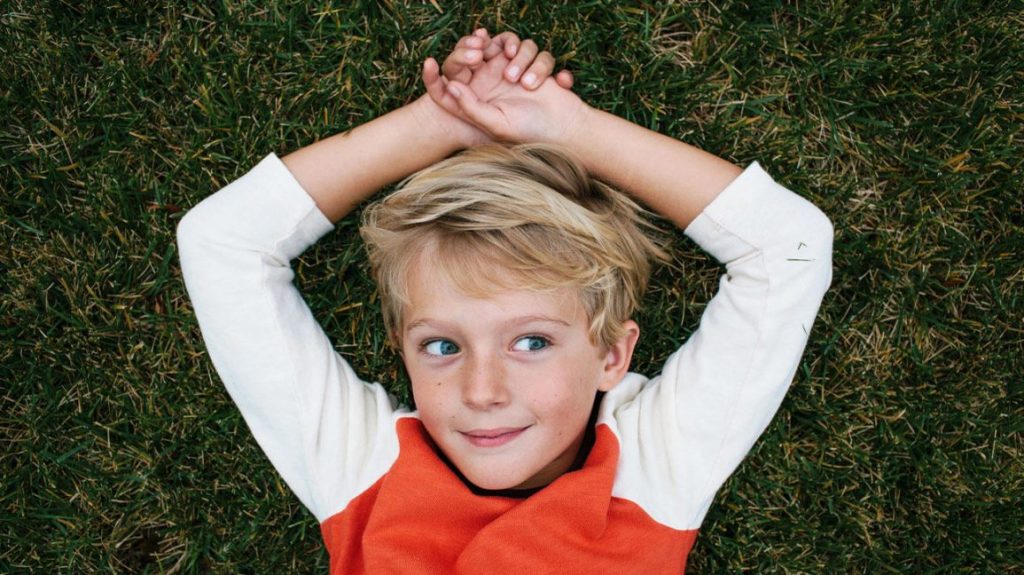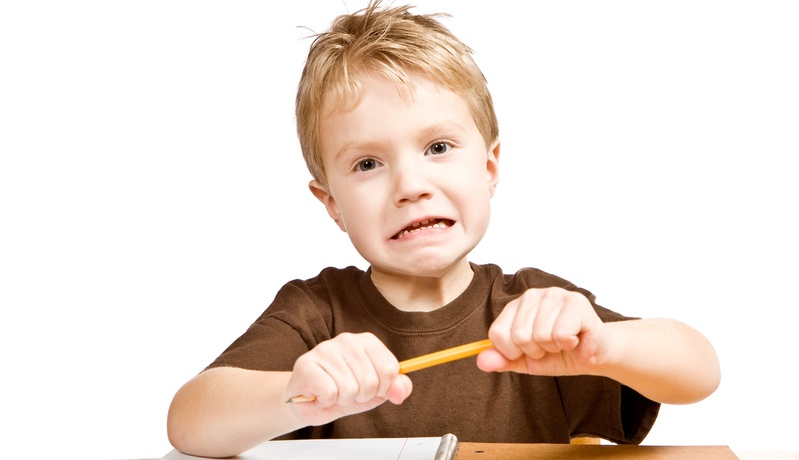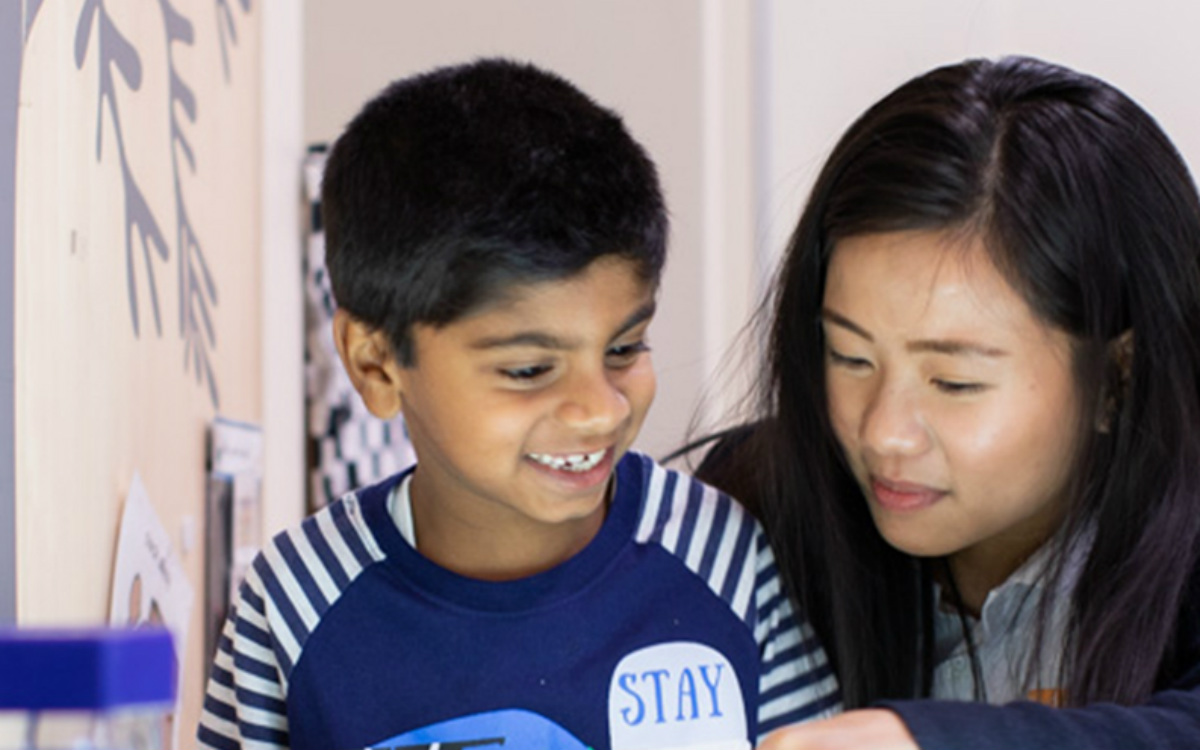A Guide to Emotional Regulation in Children
Since you are a daddy, you can have seen a tantrum or 2 in your day. In two-year-olds, we visualize them. Your child, though, could be an indicator that it is difficult to control psychologically if he is at school age, as well as there are still numerous crises and also break outs. Only the distinction between a 2-year-old and a 5-year-old that can handle their sensations more simply is self-regulation. The objective of moms and dad training solutions is to assist children who have not gained autonomy capabilities at an ordinary age. And also lots of grown-up children still manage rude and spontaneous behavior even though they are previous tantrums. Let’s find out a guide to emotional regulation in children with Lifetravell!
Contents
What is emotional self-regulation?
The capacity to control the activities and also sensations in accordance with situational demands is psychological self-regulation. This entails withstanding intensely psychological feedbacks, calming down when you snap, adapting to a shift in expectations, and handling temper without an outburst. It is a collection of capabilities that, as kids expand, allow kids to achieve their very own habits in the middle of the globe’s unpredictability and also our own feelings.
What is psychological dysregulation?

Self-regulation issues can be seen in different ways, according to the youngster. “Some children are prompt– they have an enormous as well as effective reaction, and also there is little input or accumulation.” “Such an instantaneous reaction can not be hindered.”
For most children, anxiety seems to accumulate, however, just so long will certainly birth it. It eventually contributes to some kind of compartmental surge. “You might see them moving the wrong way, so you can’t hinder that.”
The technique for all kinds of kids is to discover just how to manage those intense responses and also how to communicate sensations that are much more powerful (and also less disruptive) than a collapse.
Reasons why children struggle for psychological self-regulation
The trouble of psychological equilibrium is a blend of temper as well as obtained habits.
” The inherent self-regulatory abilities of a child are dependent on temper as well as personality.” Some youngsters have trouble self-repositioning. You become truly upset when you go to put or wash on apparel. These children can experience psychological self-regulation problems more often as they’re older.
However, the environment still figures in. When parents surrender or work overtime to reduce their child, kids have difficulty developing their own discipline when they are agitated as well as exercise. The infant essentially looks at the moms and dads as external auto-regulators in these situations. “If there is a pattern that occurs over and over and also over, and a child will certainly contract out self-regulation, then that may be a habit.”
It can be specifically difficult for youngsters with anxiousness or ADHD to regulate their emotions and need more assistance with establishing psychological regulative abilities.
How to emotional regulation in children

Scott Bezsylko, executive supervisor of Winston PreP schools, suggests that doing points is just an inefficient solution to stimulations. kids with finding out specials needs. The parent or teacher have to help the youngster calm down as well as select an appropriate solution extra intentionally as opposed to an impulsive one.
” We treat the skills of self-regulation in the similar way as we approach many skills, both technological as well as social: we are separating this capability and practicing.” “It moves the sound as well as quality of the feedback towards youngsters when you see it as a capacity to be shown rather than, say, as just a negative actions.”
The trick to understanding the abilities of psychological self-regulation is not to get rid of troubles that children discover difficult to deal with, but to educate kids with them as well as to offer a sustaining structure– the habits they wish to promote are called “scaffolding” by doctors– before they have the ability to face those difficulties themselves.
Imagine a case, like a difficult job of math research that can generate heavy negatives. If a moms and dad is also active, they take the chance of the position of the regulatory authority. “The infant does not acknowledge that the job is discouraging and understands exactly how to do that,” stated Dr. Rouse, “what the parents recognize is that the adult frustrates them by doing that.”
In this case, scaffolding will certainly support the kid with one concern and after that wait for it to do the remainder. They can rise and have a drink if they really feel dismayed. They could have used a timer to split frequently. The parent will examine them on time as well as commemorate their contributions.
If a child is most likely to melt when asked to complete playing a video game, it might be a method of scaffolding to transition. “It’s not needlessly dedicated that you would love to have fun with a game– you would not like to begin with high-stakes,” states Dr. Rouse. “Let them play for 2-3 minutes, then hand the video game over to you. Each time you do it, you obtain indicate what you like.”



